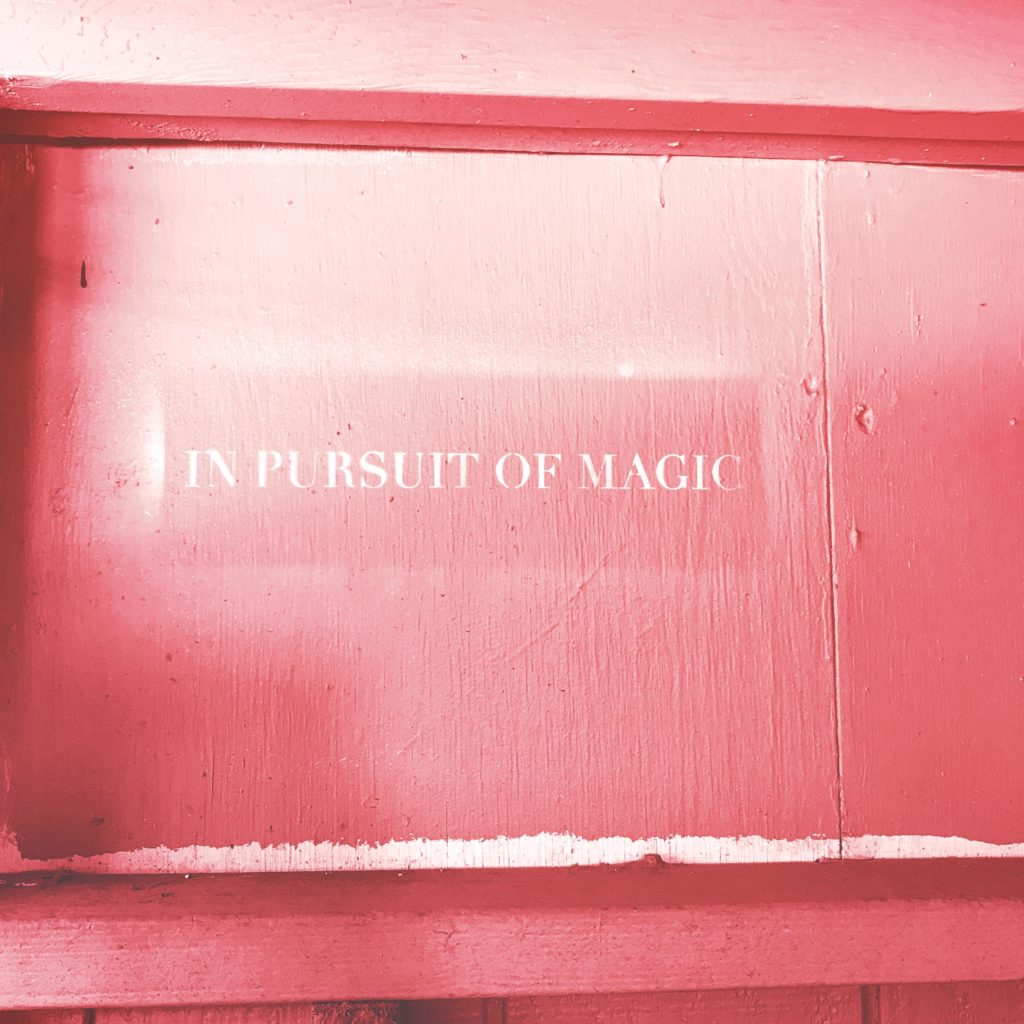
The stories we tell about ourselves are not often all that helpful. One story that we can all get tragically stuck in is the ‘not for me/for me’ dichotomy. Let me illustrate:
Example A
You see someone leaving a relationship and making a new start alone. You say, ‘I’m not built to be alone; the single life is not for me / the familiarity of coupledom is for me.’
Or, maybe:
Example B
You see someone releasing a creative project, or living a creative life. You say, ‘I’m not creative; creative projects are not for me / practical things are for me’.
Of course, these are all perfectly fine things to decide about oneself (and we are all the final experts on our own selves) IF (and it’s a big if) they are true.
Problems arise when these scripts about who we are cease to work for us. Or if, tragically, we begin to see that they never worked at all.
Issues lurk if the foundation of the ‘not for me’ thoughts is low self-worth and a lack of self-belief and if the ‘for me’ scripts are simply borne out of habit or social pressure.
We can abandon ourselves when we stick with unhelpful, inaccurate scripts out of misguided beliefs or fear. We also make it nigh on impossible to make the right kinds of decisions for our lives – decisions that may not be the easiest or the most glamorous or the quickest to achieve, but that will be true for us.
If you find you are often asking yourself the question How Do I Decide What Is Right For Me…
Try these three simple exercises in your journal to help you come to more aligned decisions.
- Write a list of things you may have consciously or unconsciously been saying are not for you. Keep an open mind – these aren’t ideas you have to give up, but it will be interesting to get the lay of the land.
- Next, write a list beside it of things that you have been consciously or unconsciously believing are for you.
- Finally, write a ‘what if’ list. Pick a few of the items from lists one and two (e.g. ‘City living is not for me, marriage is for me, being a writer is not for me, travelling is for me’) and flip each self-concept on its head. Write these as questions and then right a short response. For example:
What if marriage *is not* for me?
I’ve always held up marriage as my ultimate relationship goal, but if I put that down for a moment I can see that a relationship is so much more than a legal document or big ceremony. I see that I’d rather have fulfilling and nourishing encounters with others, where we both feel free as well as held, and that maybe marriage does not have to be a part of that.
What if a creative career *is* for me?
If being creative was for me I might have to arrange my life very differently – and that is scary but also exhilarating. I might have to prioritise different things and accept I might not earn as much. I might have to risk some embarrassment in admitting this to friends and family – but they also might surprise me by being supportive of my dreams (they love me, after all). I think I’d wake up each morning feeling full of possibility. I’ve always thought a creative career is a wacky goal, but maybe it’s much wackier to live life in half measure.
This isn’t to say you have to give up any of your self-concepts if you don’t want to. You may find that some of them are very robust and worthwhile; the point is simply to investigate a little deeper.
Deciding what is right for you is often simply a case of removing the word ‘right’ from the sentence:
What do you believe is for you? What do you believe is not for you?
Are these beliefs true? Are there truer beliefs available to you? What would life look like if you aligned with those truer, perhaps scarier, but also more exhilarating beliefs?
Start there.
M x

